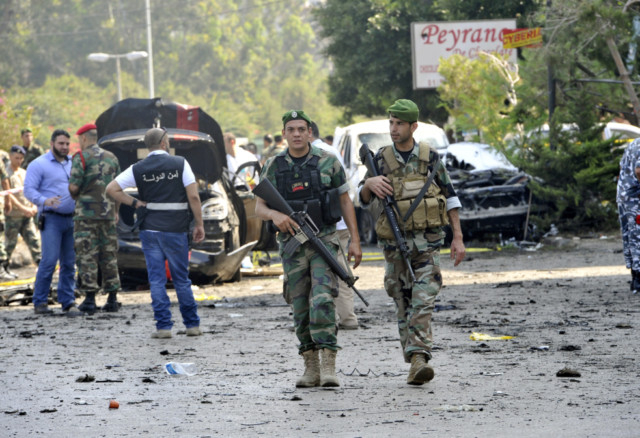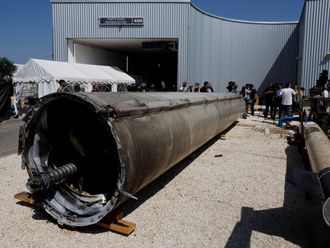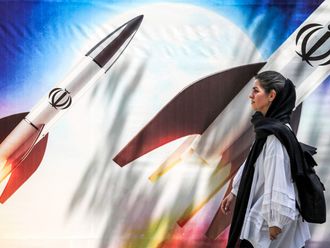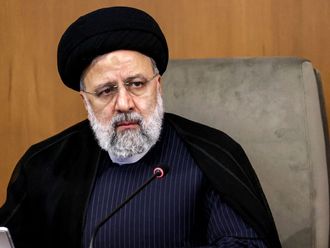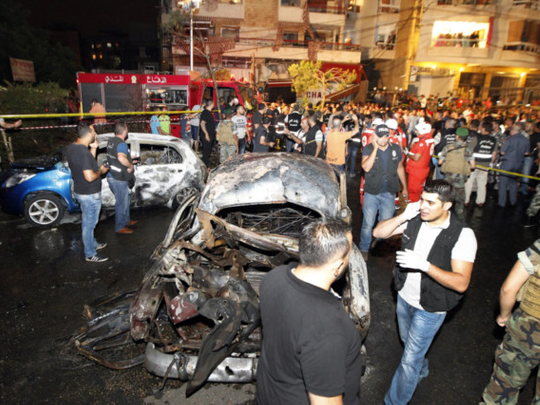
Beirut Yet another bomb went off at an army checkpoint at the entrance of Beirut’s southern suburbs on Monday night in the Tayyouneh neighborhood, a Hezbollah stronghold. The blast clearly belied the government’s “security-situation-in-Lebanon-is-under-control” mantra. Officer Abdul Karim Hadraj, an Internal Security Forces member, was killed while over a dozen innocent bystanders were wounded.
Thelatest car bombing came just three days after a suicide attack at the Dahr Al Baydar high-ridge crossing on the road to the Bekaa Valley. That blast killed Mahmoud Jamal Al Din, a chief warrant officer in the Lebanese police. The assault allegedly target General Abbas Ebrahim, the head of the Directorate of General Security, although there was no evidence to back the assertion. Prime Minister Tammam Salam condemned the Tayyouneh bombing calling it an “ugly terrorist” act. “Lebanon will not turn into an open ground for sectarian meddling,” he promised. The affable premier hammered that “such plans will inevitably fail thanks to the Lebanese people’s wisdom,” as he called on citizens to exercise diligence and “thwart attempts to tamper with the country’s security and create division among them.” The prime minister assembled the country’s senior security officials, including Defense Minister Samir Mukbil, Interior Minister Nouhad Al Mashnouk and the heads of all security agencies to agree on a firm plan to stop terrorists and, once arrested, bring them to justice. It was difficult to see what else could be done as army and internal security troops were fully deployed, manning checkpoints, and assuming unfathomable burdens as the full fledged Syrian Civil War spilled over into Lebanon with gusto. In fact, security forces cancelled a planned Friday Amal Party gathering under the patronage of Speaker Nabih Berri, precisely because of specific threats against the parliamentarian. Many wondered why the same sources could not prevent the Tayyouneh and Dahr Al Baydar blasts and whether these were the precursors of fresh confrontations. The last suicide bombing on March 16, 2014 occurred when a café near the Iranian cultural centre in Beirut’s southern suburbs was targeted after Syrian government troops captured the city of Yabroud with Hezbollah’s help. Intensive clashes this past weekend in the Qalamun area along the Syrian border, where the village of Tufayl apparently suffered most, meant that Hezbollah remained active there. Further north, near Arsal, several thousand Free Syrian Army rebels hid in makeshift dwellings or caves, to rest and re-supply. Arsal, which was a small town of 38,000 inhabitants in 2011, now hosts at least 100,000 Syrian refugees most of whom fled fighting across the border. The predominantly Sunni city welcomed FSA elements and remained steadfast in its opposition to the Bashar Al Assad regime, though tensions between residents and refugees arose over employment and social norms. In the past, the Lebanese tried to isolate their country from the chaos of the Syrian Civil War, though internal political differences ensured that no such goal could be reached. Residents expected additional convulsions and despite the March to June lull, most recalled that between November 2013 and the end of March 2014, 11 suicide car bombs killed at least 58 people and wounded more than 300.


